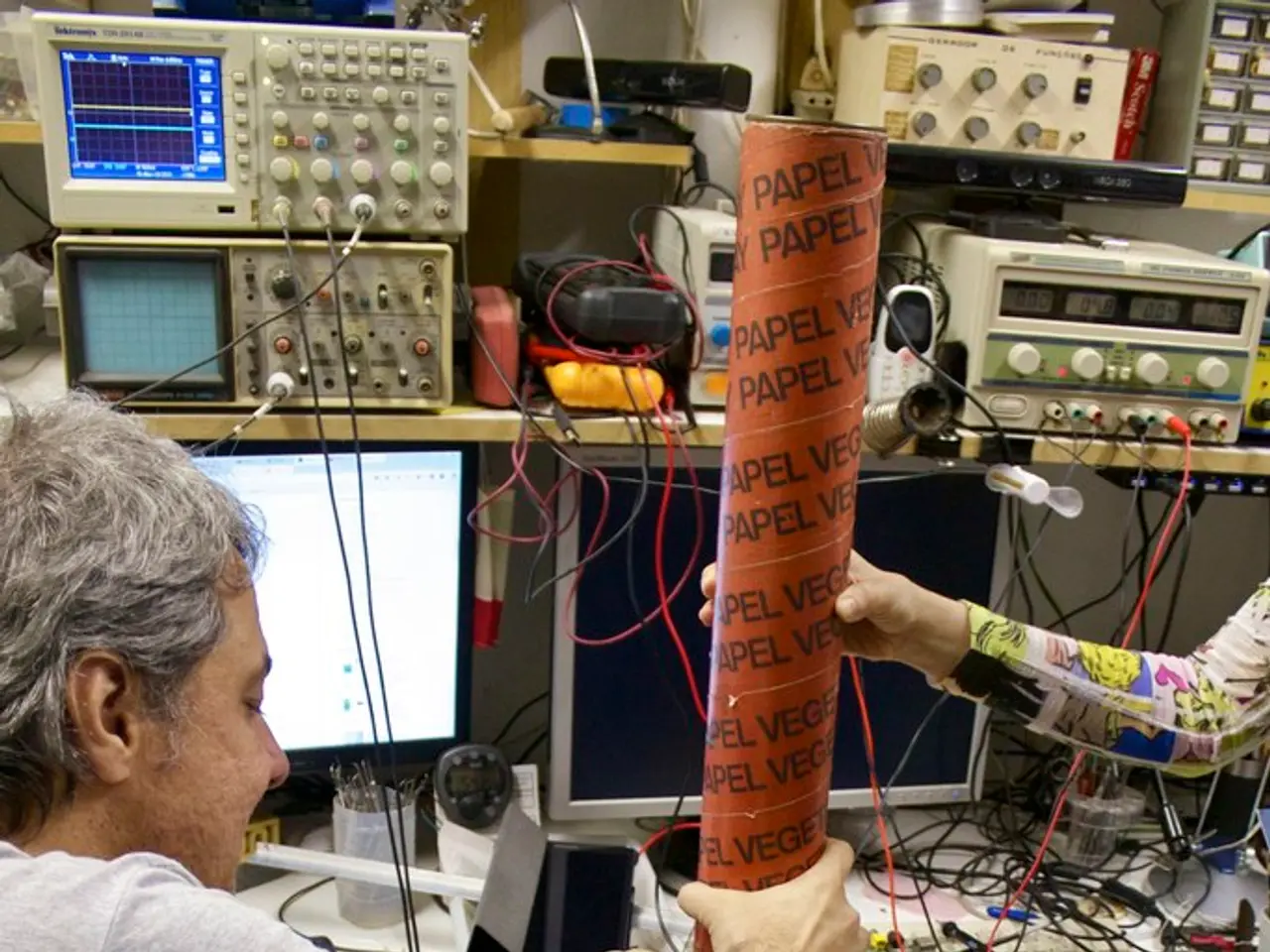Strategies to Minimize Distractions for Enhanced Cognitive Functioning: Tips for Concentration and Efficiency in Work
In the modern world, distractions are everywhere, but understanding their impact on our cognitive abilities can help us work smarter, not harder. Research shows that limiting distractions significantly improves working memory function and productivity, allowing the brain to focus on task-relevant information without competing interference [1][2].
Distractions, whether digital or physical, disrupt working memory's capacity, making it harder to hold and manipulate the information needed to complete tasks. This disruption reduces cognitive performance and overall productivity [1]. On average, it takes about 20 minutes to regain full concentration after a distraction, wasting valuable time and disrupting deep, focused work [1].
To combat this, practical steps can be taken to minimise distractions and keep working memory and attention systems operating optimally [4]. One such step is focusing on one task at a time, a practice that allows the brain to dedicate its resources to a single task, rather than splitting them thinly across multiple tasks.
Allotting specific time blocks for tasks is another effective strategy. By dedicating a set amount of time to a task, you can minimise wandering thoughts and ensure that you stay on track. Working in quiet environments also helps to reduce distractions, allowing the brain to focus on the task at hand without external interruptions.
Creating zones for different activities in your workspace can help you associate specific tasks with designated spaces. Prioritising tasks by creating a daily or weekly to-do list can help keep you on track and minimise distractions caused by indecision or confusion.
A well-organised workspace can minimise clutter and distractions, making it easier for the brain to focus on the task at hand. Identifying apps or websites that frequently divert your attention is important for managing digital distractions. Listening to music while studying can increase focus for some individuals, as long as it doesn't become a distraction. Instrumental music is typically recommended.
The Pomodoro Technique, where you work for 25 minutes and then take a 5-minute break, is a popular time management technique. Using tools like website blockers can limit digital distractions during work hours. Using organisers, trays, or labels can maintain order in your workspace, reducing cognitive overload and allowing your mind to focus on the task at hand.
In summary, limiting distractions prevents the depletion and fragmentation of cognitive resources, enhancing working memory capacity and enabling higher productivity. By implementing these practical steps, you can create an environment that allows your brain to work at its best, increasing your overall productivity and helping you achieve your goals.
- Prioritization, through creating a daily or weekly to-do list, can help minimize distractions caused by indecision or confusion.
- Time management, particularly strategies like the Pomodoro Technique, can limit distractions during work hours and enhance productivity.
- Supporting executive function, which plays a crucial role in cognitive abilities, is essential for effective time management and productivity.
- Resources should be carefully allocated for single tasks, avoiding the thin spreading of cognitive abilities across multiple tasks.
- Focus is crucial for optimal working memory and attention systems, and can be improved by reducing distractions, whether digital or physical.
- Education and self-development about topics like productivity, learning, and personal growth can provide valuable strategies for managing distractions and improving focus.
- Supporting women, who often face unique challenges in the workplace, can include offering resources for effective time management and distraction reduction to help them achieve their goals.




